
University of Florida College of Journalism and Communications doctoral student Brittany Shaughnessy is the author of “2020 Election Coverage Was Rife with Authoritarian Language, Study Finds” published on poynter.com on Nov. 27. In the article, she references a recent study by a team of political communication researchers, including Shaughnessy, that…
Read more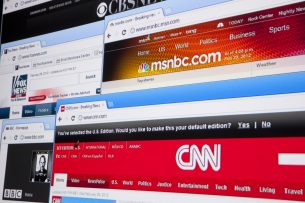
Past research has suggested that the way conservative media frames and communicates messages to its audiences is distinct from both liberal partisan outlets and mainstream, non-partisan media. However, with the recent surge of partisan media being used by the public, researchers at the University of Florida College of Journalism and…
Read more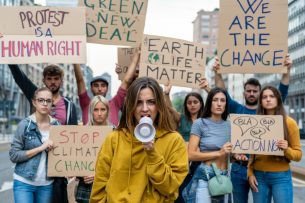
Young voters are arguably the most flexible and fluctuating age groups when it comes to sharing political opinions. The two most recent generations – Millennials, born between 1977 and 1994, and Generation Z, born between 1995 and 2010 – share a healthy willingness to speak out about a variety of…
Read more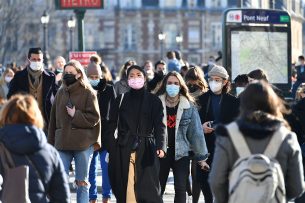
Mask-wearing has remained controversial throughout the COVID-19 pandemic, even though health authorities in April 2020 recommended that everyone should wear masks to prevent the spread of the virus. As members of the United States Congress have increasingly used social media to publicize their policy positions, share reactions to topics, and…
Read more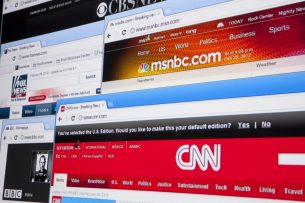
Levels of political polarization continue to escalate in the U.S., causing an increasingly wide chasm between liberals and conservatives. Existing research suggests that this divide could be engendered in part because certain segments of the population rely heavily on partisan media outlets as a source of news. University of Florida…
Read more
CJC Advertising Assistant Professor Juliana Fernandes was interviewed on Oct. 26, 2020 about her research on the impact of negative and persuasive messaging on political campaigns. Below the video is an edited transcript of that interview. Your research focuses on the use and effects of negative information and persuasive communication…
Read more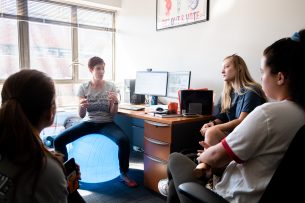
Myiah Hutchens, Public Relations Department assistant professor, was interviewed on Sept. 22, 2020 about her research on political communication. Below the video is an edited transcript of that interview. Q: How did you become interested in studying political communication? Myiah Hutchens: The reason I’m interested in political communication and how…
Read more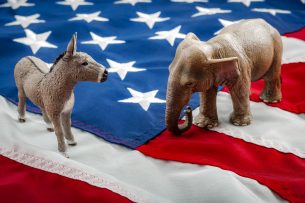
As election season continues, scholars want to know what communication behaviors look like during a campaign cycle. Do communication behaviors increase? Do events like debates and polls affect an individual’s quest for information? Does it matter where voters live, for example in a battleground state? University of Florida College of…
Read more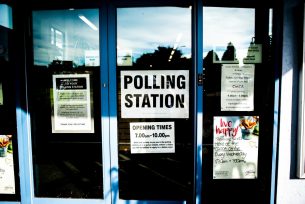
In the past year and a half, many political researchers and commentators have presented different theories that attempt to explain Donald Trump’s appeal to the American voters who elected him president. A new analysis suggests that Trump supporters’ motivations included negative opinions about the economy in general and about the…
Read more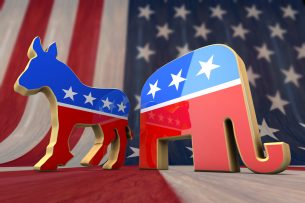
By Lauren Griffin Much has been made about the predictable partisan split between presidential candidates Hillary Clinton and Donald Trump on issues of science and public policy. But what about their supporters? Can Americans really be that far apart in terms of science? That liberals and conservatives have different opinions toward science is taken…
Read more